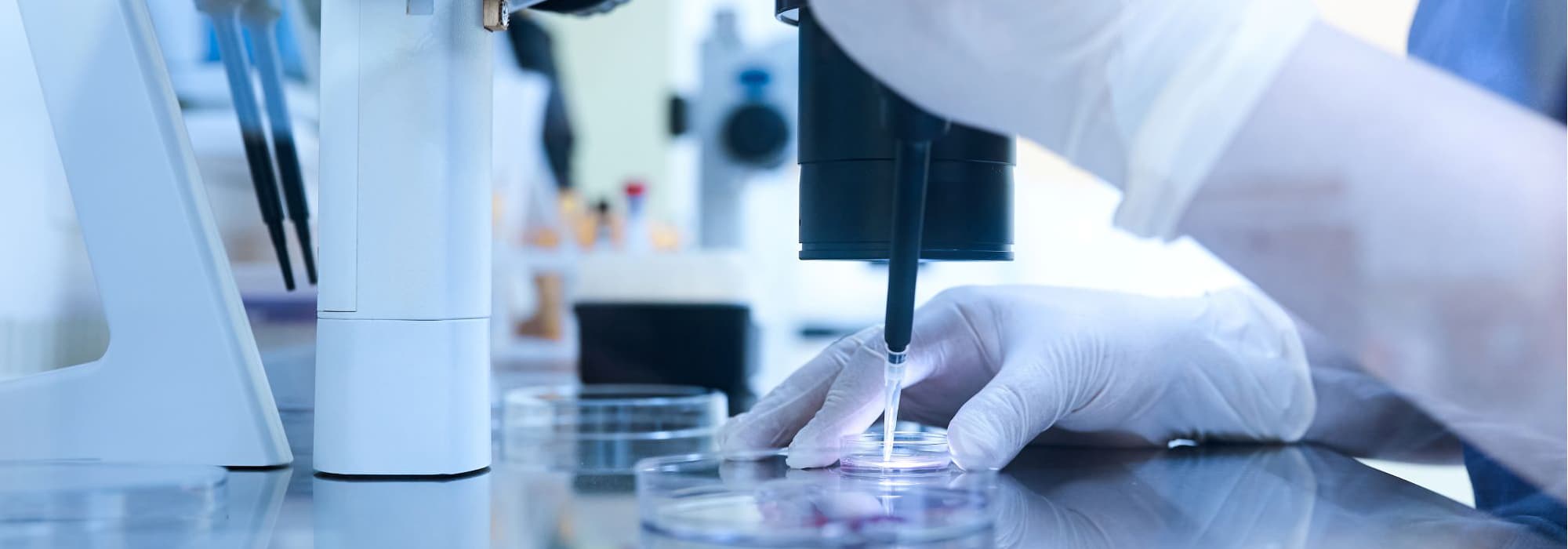
OUR LABORATORY
Reproductive Laboratory
Our state-of-the-art reproductive laboratory is the foundation of our IVF success. Led by world-renowned embryologist Dr. Dmitri Dozortsev, our lab meets the highest standards in the industry.
World-Class Laboratory
The AFCT reproductive laboratory is equipped with the latest technology and maintained to the highest standards. Our laboratory environment is critical to embryo development and directly impacts IVF success rates.
Laboratory Features
- HEPA-Filtered Air: Ultra-clean air quality with VOC filtration to protect embryos
- Controlled Environment: Precise temperature, humidity, and gas composition monitoring
- Time-Lapse Incubators: Continuous embryo monitoring without disturbing culture conditions
- Advanced Cryopreservation: Vitrification technology for egg, sperm, and embryo freezing
- Quality Control: Rigorous quality assurance protocols and regular equipment validation
Laboratory Services
- Conventional IVF and ICSI fertilization
- Extended embryo culture to blastocyst stage
- Embryo biopsy for PGT
- Oocyte and embryo vitrification
- Sperm cryopreservation and thawing
- Assisted hatching
- Testicular sperm processing
Our Embryology Team
Led by Dr. Dmitri Dozortsev, our embryology team brings decades of combined experience in reproductive science. Dr. Dozortsev is an internationally recognized expert in embryology and has contributed significantly to advances in the field.
Take the Next Step
Schedule a consultation with our fertility specialists to discuss your personalized treatment plan.
